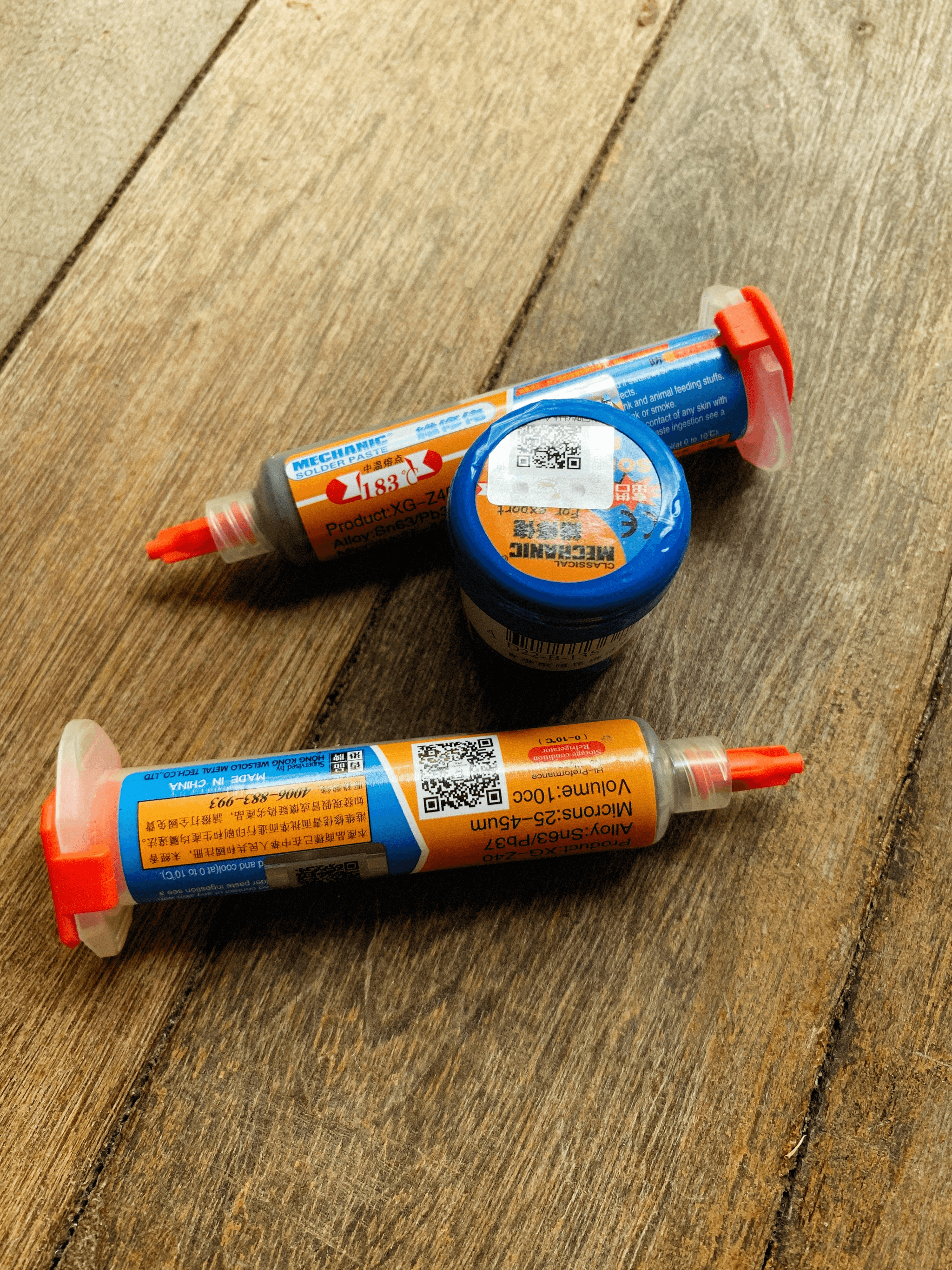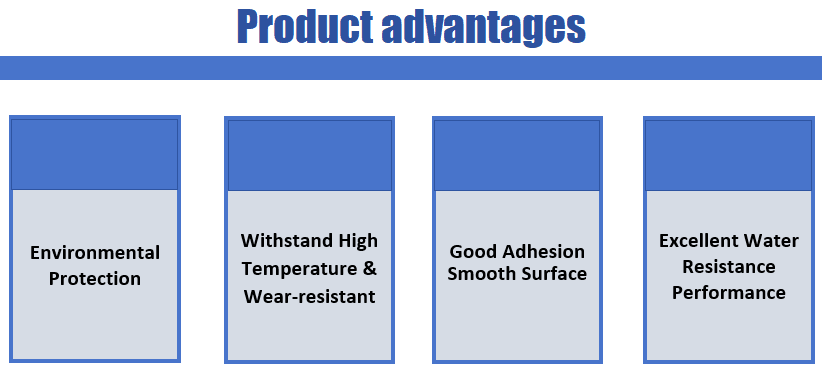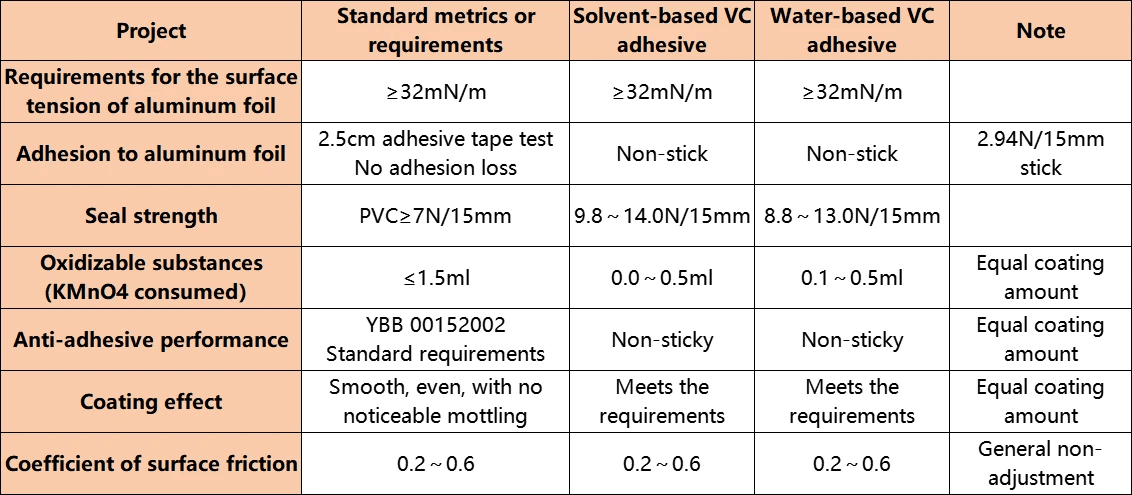Introduction

Understanding Water-Based Poly Glue
Water-based poly glue is a type of polyurethane adhesive that uses water as its primary solvent, making it an eco-friendly option compared to traditional adhesives. This innovative formulation allows for easy cleanup while providing exceptional bonding capabilities on a range of surfaces like wood, metal, and plastic. With its waterproof properties once cured, this glue is ideal for both indoor and outdoor projects.
Benefits of Using Polyurethane Adhesives
The benefits of using polyurethane adhesives are numerous and compelling. For starters, they offer superior adhesion strength compared to many other types of glues, ensuring your projects stay intact over time. Additionally, the flexibility of poly adhesive allows it to withstand stress without cracking or breaking apart—perfect for items that experience movement or temperature changes.
Applications of Poly Glue in Everyday Life
You might be surprised at how often you encounter applications for poly glue in everyday life! From crafting furniture to fixing broken household items, the uses are virtually limitless. Whether you're wondering what is polyurethane glue used for in construction or what is polyfix glue used for in repairs, this adhesive proves invaluable across various domains—from woodworking to automotive repair.
What is Polyurethane Glue?

Polyurethane glue, often referred to as poly glue, is a versatile adhesive known for its strong bonding capabilities. This type of glue expands as it cures, creating a solid and durable bond that is particularly effective in various applications. Whether you're looking to fix furniture or tackle DIY projects, understanding what polyurethane glue is can help you make the best choice for your needs.
Overview of Polyurethane Glue
Polyurethane glue is a synthetic adhesive that offers exceptional strength and flexibility. It can bond a wide range of materials, including wood, metal, ceramic, and even some plastics. One of the standout features of this type of adhesive is its waterproof nature, making it ideal for both indoor and outdoor applications where moisture might be a concern.
Key Features of Polyurethane Adhesives
The key features of polyurethane adhesives include their remarkable tensile strength and resistance to environmental factors like heat and moisture. Polyurethane Gorilla Glue, one popular brand in this category, exemplifies these qualities with its ability to expand into cracks and gaps during the curing process. Additionally, poly adhesives are known for their versatility; they can be sanded or painted after curing, making them suitable for finishing touches on projects.
Comparing Polyurethane Glue to Other Types
When comparing polyurethane glue to other types such as epoxy or traditional white glues, several distinctions emerge. For instance, while epoxy offers superior strength in certain applications, it typically requires more precise mixing and application techniques than poly glue does. On the other hand, traditional white glues may not provide the same level of waterproofing or durability that polyurethane adhesives offer—especially important when considering what is polyurethane glue used for in outdoor settings.
Best Polyurethane Adhesives for Various Needs

Top Products in the Market
Among the best polyurethane adhesives, Polyurethane Gorilla Glue stands out due to its exceptional bonding strength and waterproof properties. This adhesive is perfect for both indoor and outdoor projects, making it a favorite among DIY enthusiasts and professionals alike. Another notable contender is Titebond III, renowned for its superior resistance to moisture and ease of cleanup, ensuring that your projects stay neat while delivering lasting results.
For those seeking specialized solutions, Loctite PL Premium offers an advanced formula designed for heavy-duty construction tasks. With its impressive durability and versatility across materials like wood, metal, and concrete, this adhesive is a go-to for serious builders. Each of these products showcases unique features that cater to different needs—whether it's quick drying time or flexibility—making poly glue an essential tool in your arsenal.
Performance Characteristics of Leading Brands
The leading brands of polyurethane glue exhibit remarkable performance characteristics that set them apart from traditional adhesives. For instance, many boast excellent waterproof capabilities, ensuring your bonds remain intact even when exposed to moisture or extreme weather conditions. Additionally, they often provide superior flexibility once cured; this means they can withstand stress without breaking apart—a crucial feature when working on dynamic projects.
Another key characteristic is their ability to bond dissimilar materials effectively; whether you’re gluing wood to metal or plastic to ceramic, these adhesives rise to the challenge without compromising strength or integrity. Furthermore, brands like Gorilla Glue offer user-friendly application methods that minimize mess while maximizing control during use—perfect for both seasoned pros and DIY newcomers alike.
Choosing the Right Poly Glue for Your Project
Choosing the right poly glue involves understanding your specific needs based on project requirements and materials at hand. Start by asking yourself: What is polyurethane glue used for? If you need something waterproof with strong initial tack for quick repairs or assembly tasks, options like Gorilla Glue may be ideal. Conversely, if you're working on intricate crafts where precision matters most, consider using Titebond III due to its ease of application.
Moreover, take into account factors such as drying time and curing conditions—some adhesives require clamping while others allow more flexibility during setup phases. Don't forget about safety considerations as well; ensure proper ventilation when using any poly adhesive product since fumes can be potent! Ultimately, selecting the right adhesive will not only enhance your project’s outcome but also make your crafting experience smoother.
What is Polyfix Glue Used For?

Polyfix glue, a specific type of polyurethane adhesive, is renowned for its versatility and strength. This remarkable glue is designed to create strong bonds on various materials, making it a go-to choice for both professionals and DIY enthusiasts alike. But what exactly is polyfix glue used for? Let’s dive into its common applications and advantages.
Common Applications of Polyfix Glue
Polyfix glue shines in a multitude of applications, from woodworking to crafting and beyond. It excels at bonding wood, metal, ceramics, and even some plastics, making it one of the best polyurethane adhesives on the market today. Whether you’re repairing furniture or tackling home improvement projects, understanding what polyfix glue can do will help you unleash its full potential.
Advantages of Polyfix in Assembly and Repair
One of the standout features of polyfix glue is its waterproof nature, which ensures that your repairs hold up against moisture over time. This makes it an excellent choice for outdoor projects or areas prone to humidity where other adhesives might falter. Additionally, polyfix bonds are incredibly strong; once cured, they can withstand significant stress without breaking apart—perfect for assembly tasks requiring durability.
User Experiences and Testimonials
Users rave about their experiences with polyfix glue—many highlight how easy it is to apply while still providing robust adhesion across various materials. From quick fixes around the house to intricate craft projects, testimonials often mention the satisfaction derived from using this reliable adhesive. Overall feedback emphasizes that when asking what is polyfix glue used for?, the answer lies in its ability to deliver lasting results that exceed expectations.
Exploring Polyester Glue

Polyester glue is a type of adhesive that is widely recognized for its strength and versatility. Often used in applications requiring durable bonds, polyester glue can adhere to various materials, including wood, metal, and plastics. Its unique formulation allows it to cure quickly and create a robust bond that withstands environmental factors.
Defining Polyester Glue and Its Uses
So, what is polyester glue? It’s a synthetic adhesive made from polyester resins that harden upon curing. Commonly used in woodworking, automotive repairs, and crafting projects, polyester glue excels where traditional adhesives may falter. Whether you're bonding fiberglass or repairing furniture, this poly adhesive provides reliable results.
Benefits and Limitations of Polyester Glue
The benefits of polyester glue are numerous; it offers excellent waterproof properties and superior adhesion strength compared to many other adhesives on the market. However, it does have limitations—its curing process can be sensitive to temperature and humidity levels, which may affect performance. Additionally, while it can be an effective alternative to polyurethane glue in some situations, it may not provide the same level of flexibility or impact resistance.
When to Choose Polyester Over Polyurethane Glue
Choosing between polyester glue and polyurethane glue depends on your specific project needs. If you require a quick-setting adhesive for bonding materials like fiberglass or need something that can withstand moisture without degrading over time, then polyester might be your best bet. Conversely, if you’re looking for a more flexible option with superior gap-filling properties—like Polyurethane Gorilla Glue—then polyurethane would be the way to go.
The Role of Poly Adhesives in DIY Projects

Poly adhesives have become a go-to solution for DIY enthusiasts and professionals alike. Their versatility and strength make them ideal for a wide range of projects, from simple repairs to intricate creations. With the right knowledge, anyone can harness the power of polyurethane glue to achieve impressive results.
Creative Uses of Polyurethane Glue
Polyurethane glue is not just for woodworking; it can be a game changer in various applications. For instance, when crafting furniture or home decor items, poly glue's waterproof properties ensure that your pieces withstand the test of time and moisture. Additionally, it excels in bonding materials like metal, glass, and ceramics—perfect for those innovative DIY projects that require strong adhesion across different surfaces.
If you’ve ever wondered what is polyurethane glue used for beyond typical applications, think about its role in outdoor furniture repair or even building model kits! With its ability to expand as it cures, polyurethane Gorilla Glue fills gaps effectively while providing an unyielding bond. So whether you’re fixing a broken planter or creating custom art pieces, poly glue opens up endless possibilities.
Tips for Effective Application
To get the best results with poly adhesives like polyurethane Gorilla Glue, proper application is key. Start by ensuring surfaces are clean and dry; any dirt or moisture can compromise adhesion. When applying poly glue, remember that less is often more—apply a thin layer to one surface only; this allows the adhesive to expand effectively without making a mess.
Another handy tip: clamp your project together during curing time! This helps maintain pressure on the bond while allowing it to cure properly—usually within 24 hours—for maximum strength. Lastly, don’t forget about temperature; applying your poly adhesive in moderate conditions will yield better results than extreme heat or cold.
Safety Considerations When Using Poly Glue
While using poly adhesives can be incredibly rewarding, safety should always come first! Ensure you're working in a well-ventilated area since some polyurethane glues may emit fumes during application and curing processes. Wearing gloves and safety glasses will protect you from skin irritation or accidental splashes when handling these powerful substances.
Also important: keep your workspace tidy! A clean area reduces the risk of accidents with spills or misapplied adhesive that could lead to unwanted bonds forming where they shouldn't be. Lastly, store any leftover polyfix glue properly—away from heat sources and out of reach of children—to ensure safe use long after your project is complete.
Conclusion

In wrapping up our exploration of poly glue and its many facets, it’s clear that these adhesives offer remarkable versatility for a wide range of applications. Whether you’re tackling a DIY project or professional assembly, understanding what is polyurethane glue used for can significantly enhance your results. From the waterproof capabilities of Polyurethane Gorilla Glue to the specific needs addressed by products like Polyfix glue, these adhesives are true champions in bonding.
Discovering the Versatility of Poly Glue
Poly glue stands out due to its adaptability across various materials and conditions. It serves as an excellent choice for both indoor and outdoor projects, thanks to its waterproof nature. The ability of polyurethane adhesives to bond wood, metal, plastic, and even fabric makes them indispensable tools in any toolkit.
Innovations in Polyurethane Adhesives by Baolite
Baolite has been at the forefront of developing cutting-edge polyurethane adhesives that cater to modern bonding needs. Their focus on creating eco-friendly formulations ensures that users don’t have to compromise on performance while being mindful of environmental impact. With advancements such as faster curing times and enhanced strength properties, Baolite's innovations redefine what is poly adhesive in today's market.
Making Informed Choices for Bonding Needs
When selecting the best polyurethane adhesives for your projects, consider factors like material compatibility and application method. Understanding what is polyfix glue used for can help streamline your repair tasks effectively while knowing when to opt for polyester glue can save you time and effort in specific scenarios. Ultimately, making informed choices about your adhesive options will lead to successful outcomes every time you reach for that trusty bottle of poly glue.
